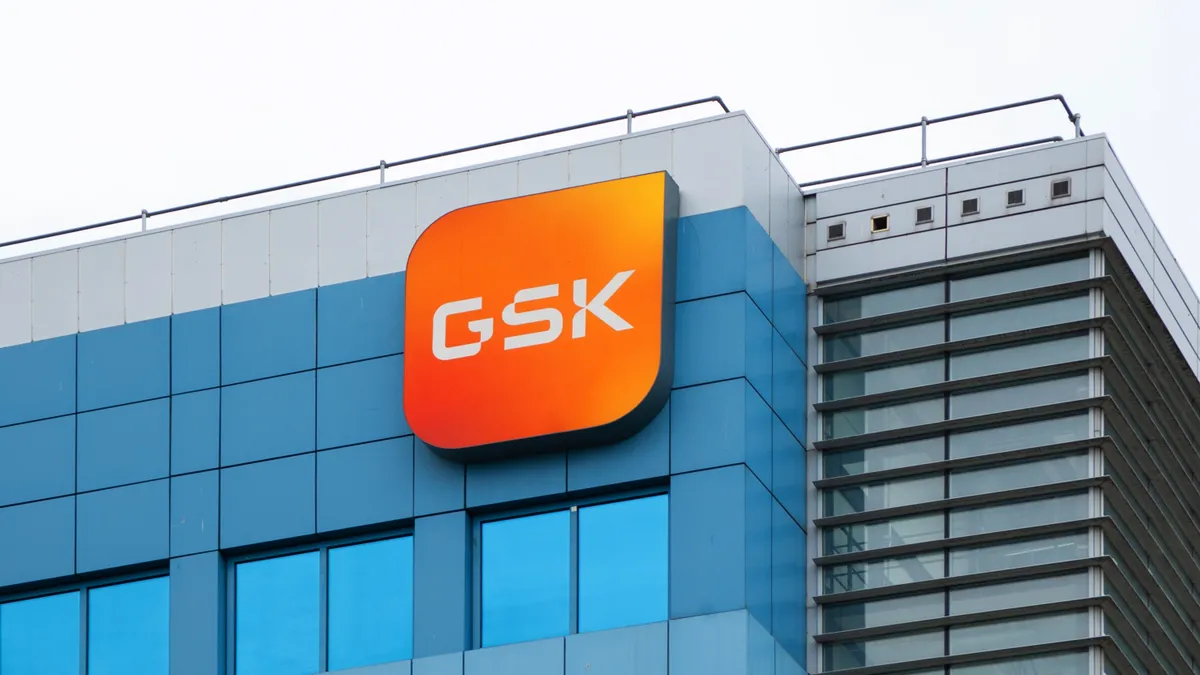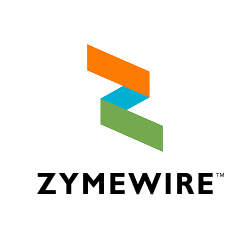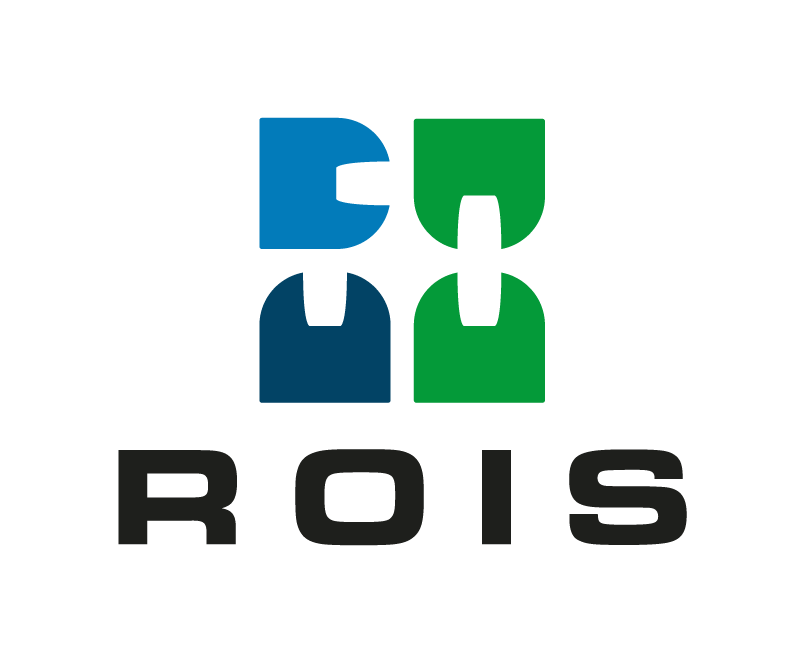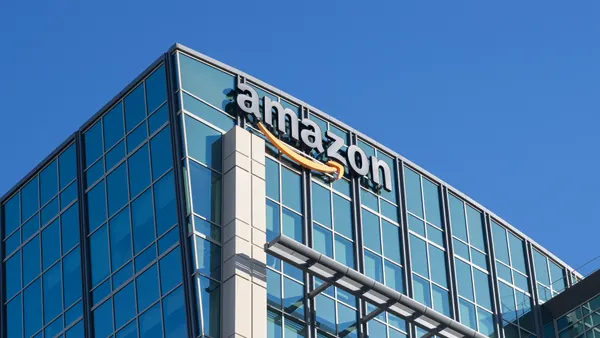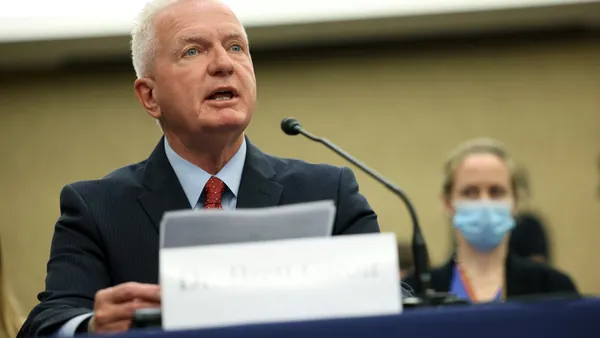Dive Brief:
- British drugmaker GSK has agreed to pay privately held Boston Pharmaceuticals $1.2 billion upfront and as much as $800 million more to acquire rights to a liver disease treatment poised to enter pivotal testing.
- Boston obtained the drug in a deal five years ago with Novartis, and GSK agreed to take on responsibility for tiered royalties owed to the Swiss drugmaker if the medicine reaches the market. Payments of up to $800 million depend on reaching certain “success-based” milestones, the two companies said Wednesday.
- The drug, known as efimosfermin, is designed to treat steatotic liver disease, a potentially dangerous buildup of fat in the liver. It’s shown potential in Phase 2 testing for a form of the disease known as metabolic dysfunction-associated steatohepatitis, or MASH, and is set for future development in a type of the condition related to alcohol use.
Dive Insight:
The potential $2 billion acquisition is the largest tied to MASH in almost a decade, Leerink Partners analyst Thomas Smith wrote in a Wednesday note to clients. The last of similar size was Allergan’s acquisition of Tobira in 2016, a $1.7 billion transaction driven by Allergan’s interest in two Tobira treatments for MASH, then known as non-alcoholic steatohepatitis.
The GSK deal shows the willingness of big pharmaceutical companies to invest in MASH treatments and validates the market opportunity, Smith wrote. It may provide a boost to other MASH drug developers, including 89bio, which is working on a similar medicine and has already advanced to Phase 3 testing, he said.
Efimosfermin is a once-monthly injection of a long-acting variant of a hormone known as FGF21. It’s designed to harness a patient’s metabolism to decrease liver fat, reduce inflammation and reverse fibrosis, the potentially dangerous scar tissue that can build up in patients with steatotic liver disease and lead to cirrhosis.
Phase 2 testing showed the drug could quickly and significantly reduce fibrosis, with “manageable” side effects, GSK and Boston said. Akero Therapeutics has also seen success with an FGF21 drug in MASH patients, announcing mid-stage study results in January that sent its stock soaring.
“The FGF21 class has shown some of the most exciting data in MASH including first-in-disease evidence of cirrhosis reversal,” GSK Chief Scientific Officer Tony Wood said in the companies’ press release.
GSK has its eye on a 2029 launch for efimosfermin, which will complement another therapy called GSK’990 in development for both MASH and alcohol-related liver disease. The company in the future may be able to offer both standalone therapies and combination treatments, Wood said.
Drugs like efimosfermin may face a changing market, however, as developers of GLP-1 medicines explore whether the obesity treatments could also work for MASH. Novo Nordisk, for example, is seeking a MASH approval for its drug semaglutide.
GSK has been shoring up its liver disease franchise with a wave of acquisitions. In recent years, it’s struck development and licensing deals with Wave and Arrowhead and bought nucleic acid technology through its purchase of Elsie Biotechnologies. The latest deal calls for GSK to buy a subsidiary of Boston called BP Asset IX that will give the company access to efimosfermin.


